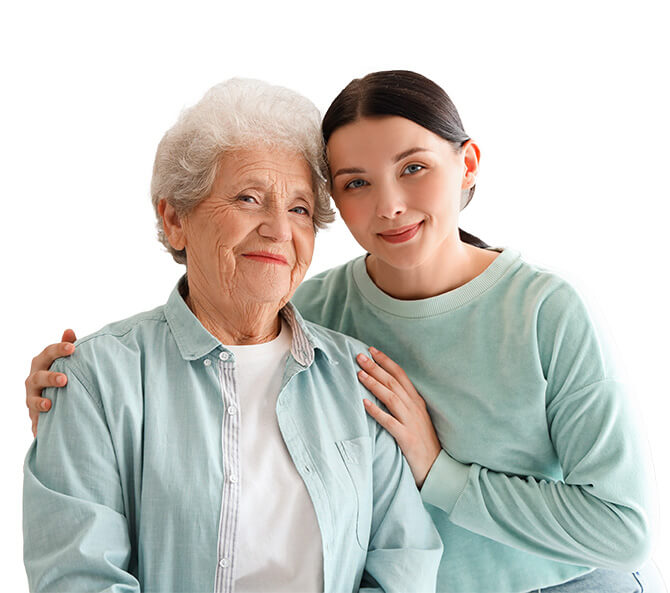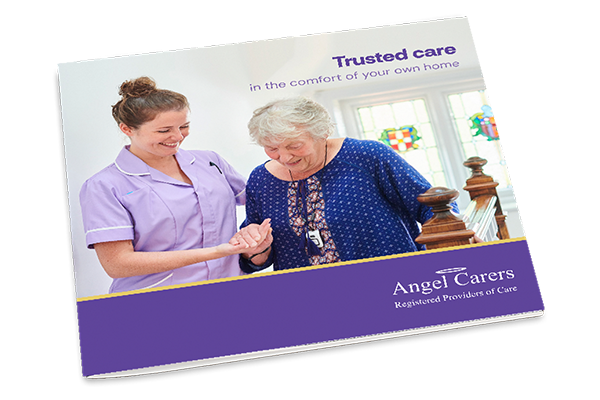Staying Safe in the Heat: Caring for older people during a Heatwave

Hot weather can pose serious health risks for older people.
Summer has arrived, bringing with it the risk of a heatwave and sunstroke. Whilst most of us in the UK relish the thought of getting outside and enjoying the warmer, drier weather, it’s not all fun and games for the vulnerable, older people. Older adults and those with long-term or chronic health conditions, particularly heart conditions, are more vulnerable to heat-related illnesses and are the most at risk of suffering extreme adverse effects from hot weather.
The NHS states that the main risks during a heatwave are:
- Not drinking enough water (Dehydration)
- Overheating, which can make symptoms worse for people who already have problems with their heart or breathing
- Heat exhaustion and heatstroke
Coping mechanisms for keeping cool at home
During a heatwave, there are many simple ways to keep the home cool, avoiding overheating and making things more comfortable and safer for the elderly and vulnerable people. The NHS and Age UK advise on these simple tips for coping with the hot weather.
Keep out of the sun
When it’s hot outside, take these steps to keep your house as cool as possible. To do this, identify the coolest room in the house and ensure you spend most of the day there. Keep curtains closed during the day and use light-coloured curtains to reflect the sun’s heat so that the sun doesn’t shine through and keeps the room cooler.
Avoid going outside during the hottest part of the day, between 11 am and 3 pm. If you want some fresh air, stay in the shade or go outside early in the morning or later in the evening when temperatures are cooler.
Let the air flow
If the house or room is cooler than the temperature outside, keep all windows closed to prevent warm air from entering.
Once the temperature outside has cooled down, open any windows to allow a breeze to flow through the home.
Cool the air
To help keep the air cool around the home, be sure to keep both house plants and outdoor plants watered. Using fans can be a great way to stay cool, but when it’s extremely hot, fans often blow warm air instead of cooling you down. Try placing the fan on the floor and positioning a bowl of ice-cold water in front of it to cool the air effectively.
Cover up
When venturing outside during warm weather, wear sun cream, light hats, and scarves to protect yourself from the sun’s glare and heat. Ensure that you are dressed in lightweight, light-coloured, cotton or linen clothing, as it keeps you cooler than dark tones. Also, avoid wearing too many layers.
Stay hydrated
Make sure to carry plenty of water when outside and keep drinking cold water and fruit juice as regularly as possible. Hot drinks such as tea and coffee, caffeine, and alcohol should be avoided as they have diuretic effects and can exacerbate dehydration.
Rest when needed
While it’s good to maintain an active, healthy lifestyle, try to keep strenuous activity and exercise to a minimum when it’s warm. Doing too much in the heat can lead to dehydration, which can significantly impair the body’s ability to regulate its temperature.
Cool down
Taking cool baths and showers or regularly spritzing the face with cool water throughout the day is a great way to help regulate body temperature.
Eat light
Ensure you are eating properly with small, light meals with high water content. This includes salad foods such as cucumber, iceberg lettuce and celery, vegetables such as cauliflower and peppers, and fruits like strawberries, grapefruit and melon, which will help you to stay hydrated and keep up your strength and immune system intact.
Stay informed
Keep an eye out for the weather forecast so that you’re prepared for any upcoming heat waves.
Individuals with heart problems, breathing difficulties, or other serious illnesses may experience worsening of their symptoms in the heat, so it is essential to have a sufficient supply of medication on hand in advance.
Recognising the signs of heatstroke
Heatstroke is a serious condition that can be life-threatening to older adults, so it’s essential to recognise the signs and symptoms promptly.
Look out for the following symptoms, and seek medical help immediately if symptoms worsen:
- Headaches
- Dry skin
- Tiredness
- Confusion and other behavioural changes
- Feeling sick
- Vertigo – feeling dizzy, weak or faint (and even fainting)
- Swollen ankles
- Thirst
- Nausea
- Muscle cramps
- Hyperventilation
With a bit of planning and care, we can help our elderly loved ones enjoy the summer safely. Let’s all do our part to stay cool and cared for.
For more information on caring for the elderly during a heatwave, please refer to the official NHS guide: Heatwave: Advice for Care Home Managers and Staff.
For more advice and help with Home care and live-in care, call 01308 459204 or contact us here.
Or email us today – contact@angelcarers.com





